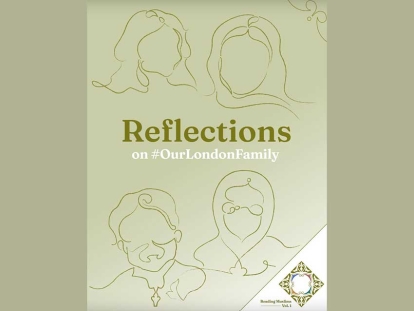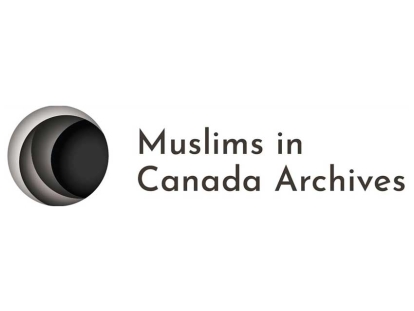 University of Toronto Institute of Islamic Studies
University of Toronto Institute of Islamic Studies
Nov
University of Toronto Institute of Islamic Studies Launches Report on Muslim Demographics in Canada
Written by Institute of Islamic StudiesThe Institute of Islamic Studies (IIS), in partnership with Islamic Relief Canada (IRC) are excited to launch a new data report titled: Canadian Muslim Demographics, Socioeconomics, Social Attitudes, and Experiential Outcomes. The report offers a data analysis of the makeup of Canadian Muslim communities and how they are evolving over time.
Background
In 2023, IRC approached the IIS to conduct a demographic analysis of the Canadian Muslim community that would guide internal matters, particularly decision-making, strategy, and policy. At the same time, IRC and the IIS agreed to publish the findings as a joint report for the benefit of communities and stakeholders. The analysis of the report serves two primary purposes:
-
To explore how the Canadian Muslim community is evolving over time and changing demographically.
-
To better understand social causes and concerns of Canadian Muslims across the country, especially as it relates to charitable mandates.
To conduct these analyses, weighted data from the 2021 Canadian Census, 2011 National Household Survey, 2024 IIS Survey of Muslims in Canada, and 2016 Environics Institute Survey of Muslims in Canada were utilized.
Key Findings
A growing, young, and diverse community: Canada’s Muslim population is expanding rapidly — not only through immigration but through domestic growth. Nearly one in three Muslims is Canadian-born, and the number of second- and third-generation Muslims is rising sharply. The community is also becoming more racially and ethnically diverse, with growing representation from Arab, Black, and other backgrounds.
Strong educational attainment, yet persistent barriers: Nearly 43% of Canadian Muslims hold a bachelor’s degree or higher, a rate above the national average. Yet employment outcomes remain uneven, with Muslim women and Black Muslims facing disproportionate barriers to fair work and advancement.
Economic resilience and inequality: While incomes are improving overall, Muslim households are still more likely to fall below the low-income cut-off compared to non-Muslim Canadians. Economic progress continues to vary sharply by province and ethnicity.
A deeply engaged and faith-driven community: as any of us would observe in a local mosque or community centre, most Canadian Muslims report strong ties to religious practice and community life, with high levels of civic engagement, volunteerism, and satisfaction with life in Canada — even as many report experiencing discrimination or feeling underrepresented.
Importance of Data Analysis for Canadian Muslim Communities
Having a strong, data-based, understanding is critical for addressing many of the concerns and issues facing Canadian Muslim communities.
“This report is a landmark contribution to our understanding of Muslims in Canada — their stories, their realities, and their aspirations. Reliable, data-driven insights like these help us move beyond assumptions and stereotypes, allowing communities, organizations, policymakers, and institutions to understand - and then - serve Canadian Muslims more effectively.” - Tufail Hussain, CEO, Islamic Relief Canada
“While IIS’s mission is centered on the study of Islam and Muslims around the world, its research endeavours also center the study of Muslims in Canada so as to support innovative research on the past, present, and future of Canada. A data-driven analysis of Canadians, in particular Canadian Muslim in a time of rising Islamophobia, is the kind of work needed to support a more inclusive society.” - Anver M. Emon, Director, Institute of Islamic Studies
Report and Appendix (Data Tables)
The full report can be viewed here.
The appendix - as a list of data tables - can be viewed here (opens a .xlsx file)















